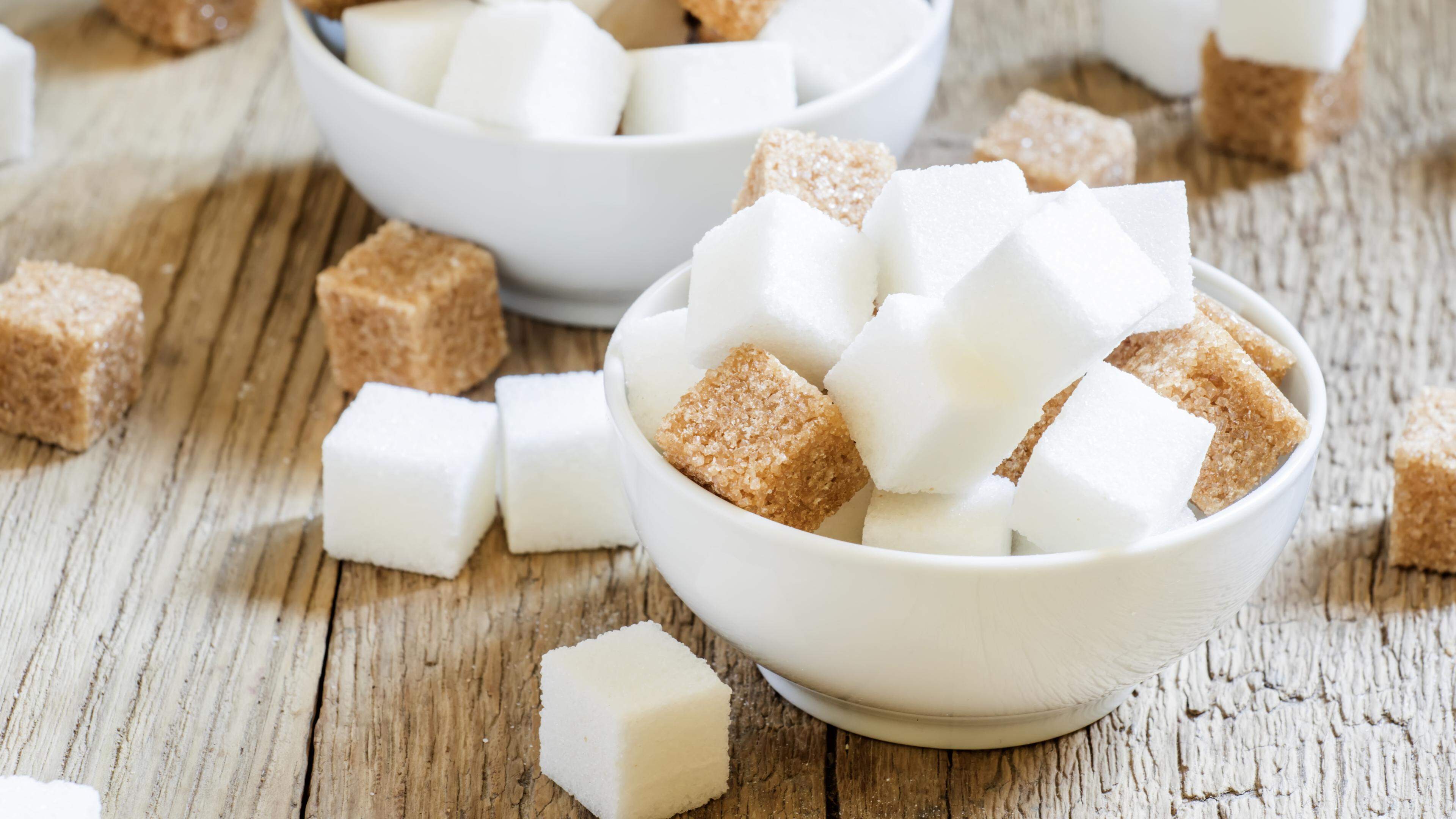The Swiss food company Nestlé is being criticized for baby food. According to an analysis by the Swiss organization Public Eye, which campaigns for compliance with human rights by companies based in Switzerland, the company adds sugar to baby food in some countries. Developing and emerging countries are affected, but western countries like Germany are not.
“Nestlé is making babies and young children addicted to sugar in lower-income countries,” said the report, released a day before Nestlé’s general meeting of shareholders on Thursday. Public Eye called on Nestlé on Wednesday to end “the double standards.” Nestlé did not dispute the results of the laboratory analyzes when asked.
According to analyzes by Public Eye and the International Infant Nutrition Action Network (IBFAN) in a Belgian laboratory, samples of certain follow-on milk products for young children from Germany, France and Great Britain did not contain added sugar. However, in samples from countries such as Bangladesh, India, Pakistan, South Africa, Ethiopia and Thailand, between 1.6 and 6.0 grams of sugar per serving were added. In the worst case scenario, this is equivalent to more than a lump of sugar weighing 4 grams.
Also read:
Popular mineral water from France contaminated with feces
The laboratory also found a lot of sugar in cereal products for babies, including products sold in Europe. Nestlé says: “We continue to develop and reformulate our infant cereal products to further reduce the content of added sugars without compromising on quality, safety and taste. In some countries in Europe there are products with no added sugar, in addition to the traditional products with added sugar.”
Nutrition experts say that if children get used to the taste of sugar early on, they tend to turn to sugary products more often later on. This could lead to obesity or promote diseases such as diabetes. Nestlé was criticized in the 1970s for promoting baby milk powder in developing countries. Many mothers thought this was healthier than their own breast milk. Because clean water was not available in many places, it put babies in danger. However, the company has long emphasized: “We support the recommendation of the World Health Organization (WHO) to breastfeed exclusively for the first six months of a baby’s life.”
